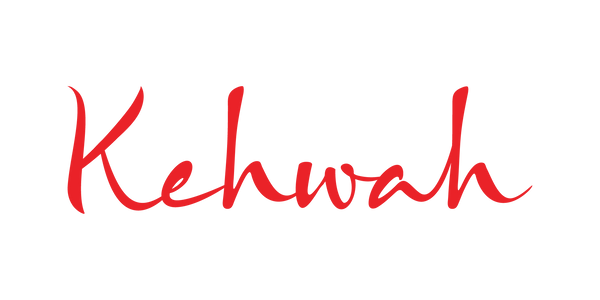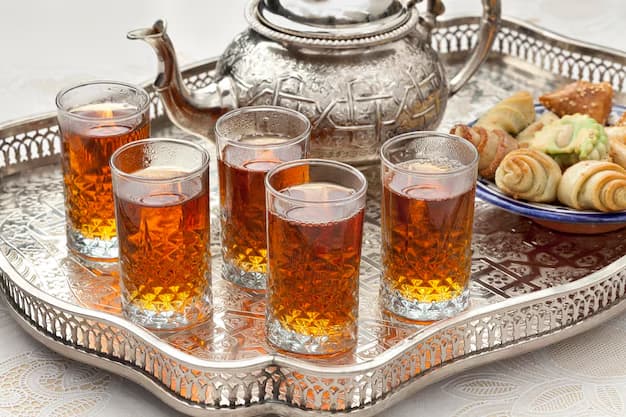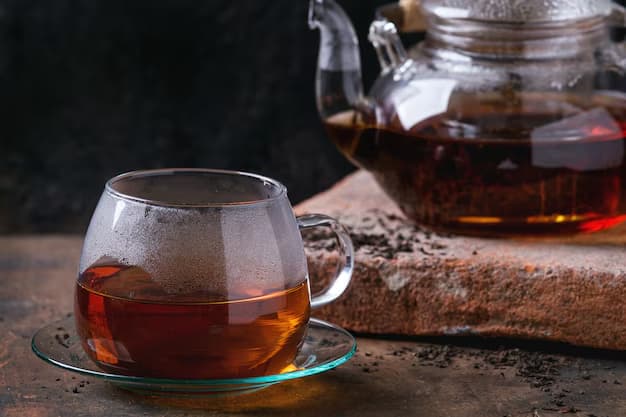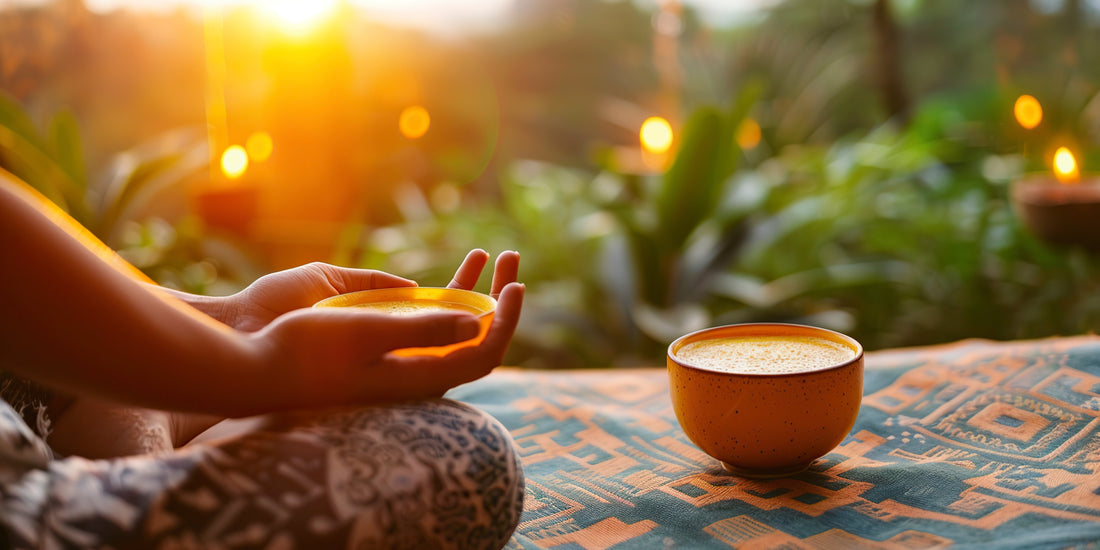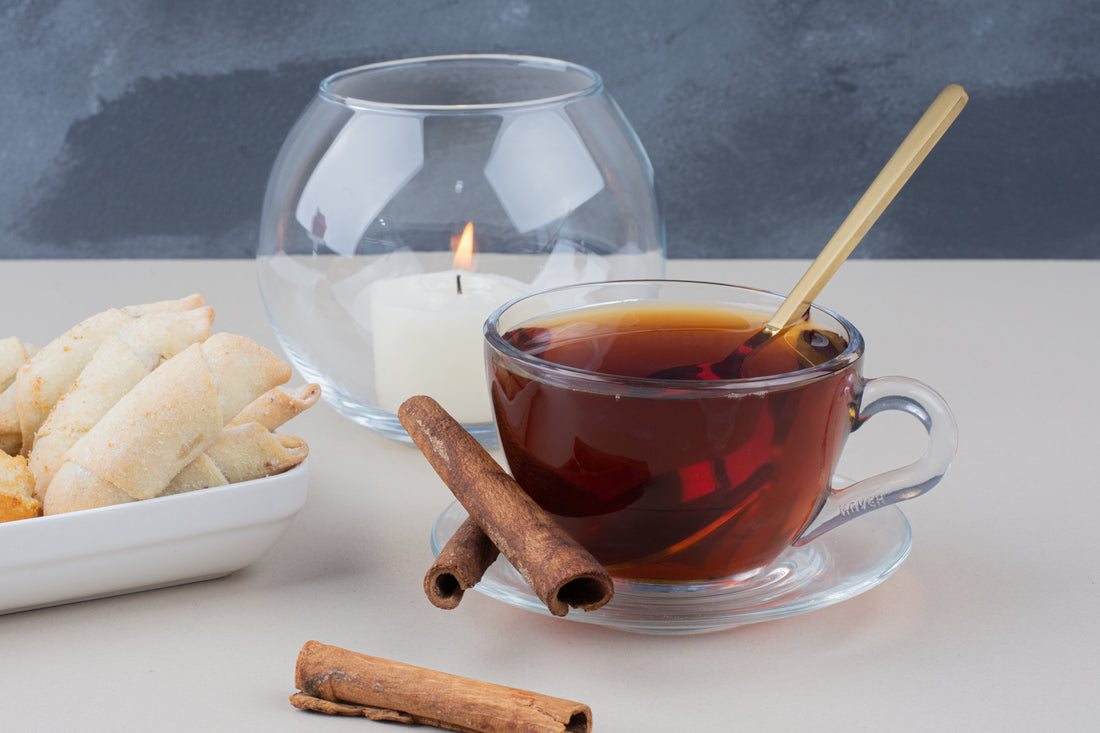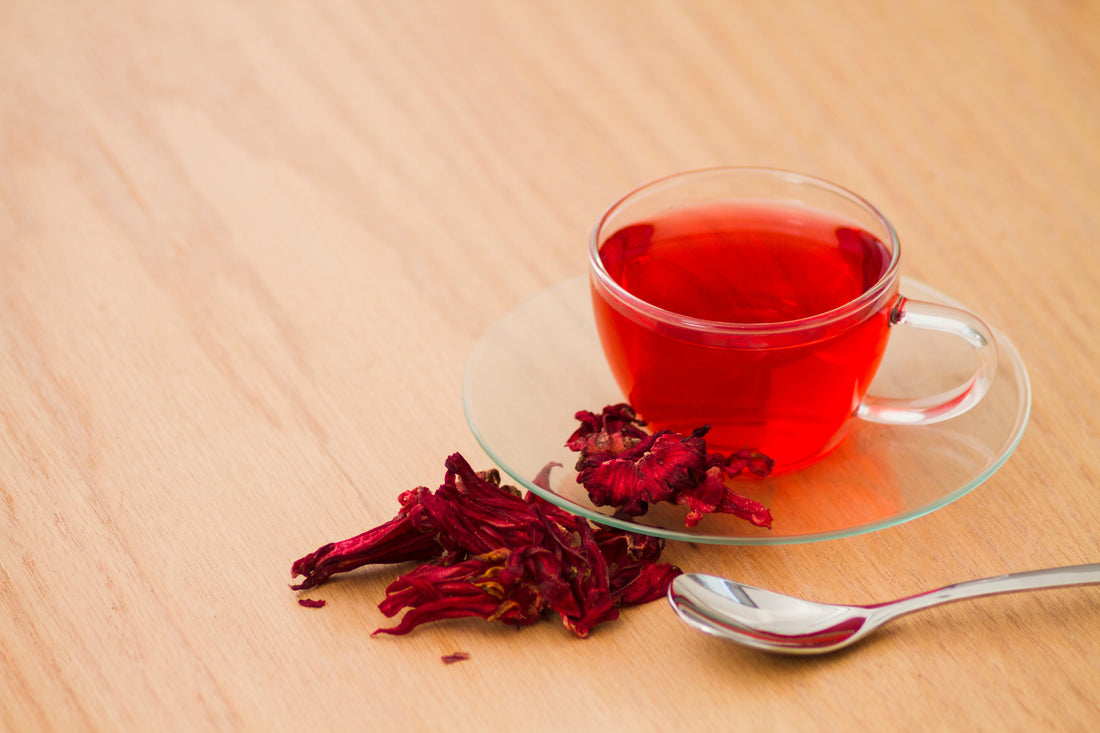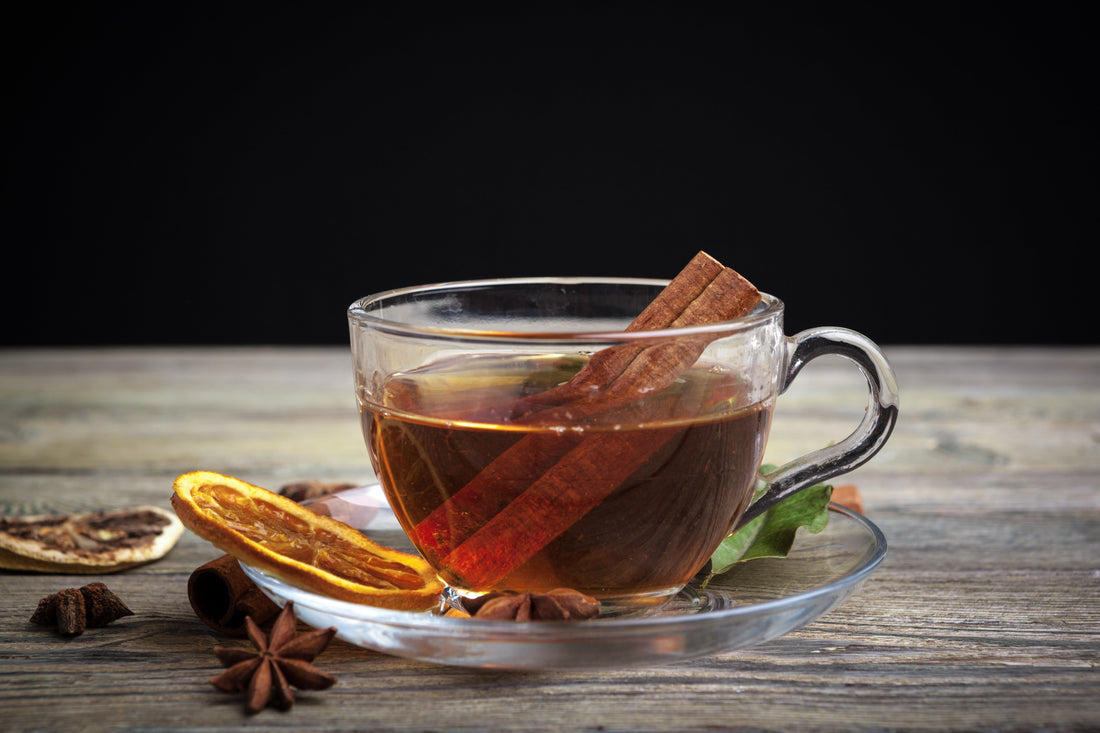
Where to Buy Authentic Kahwa Tea Online: A Complete Shopping Guide
If you have ever taken a long ride on a shikara on a frosty morning along Dal Lake, you will always remember the pleasure of sipping warm Kashmiri Kahwa tea in the first light of the sun, most often in a kosa, as traditional cups from Kashmir are often called.
Hundreds of years ago, when this aromatic tea, a blend of green tea leaves, saffron, cardamom, cinnamon, and nuts, first made its way down the Old Silk Road from Persia to Kashmir, the ingredients travelled with it. But today, all of these are either sourced or produced locally, making a flavourful cup of Kahwa tea that truly symbolises the essence of Kashmiri culture.
Tradition, Served in a Kosa
Traditionally, buying the ingredients for making Kashmiri Kahwa tea was a ritual in itself, just like making the tea itself. It played out slowly like a grand ceremony, as so many other things that were a part of community life in Kashmir.

Saffron, also known as Kong or Kesar, is the crown jewel in Kahwa chai. It was locally sourced from the Pampore region, which came to be known as the Saffron Town of Kashmir. Families often bought small glass vials or handmade pouches of saffron during the harvest season, most often from local farmers or other trusted sellers in the mandi. These were stored with great care in dry, cool places, usually wrapped in cloth or paper, almost like a family heirloom.
Green Tea Leaves or Sabz Chai, today comes to this Kashmiri green tea from Kangra, but specialty traders sell them in bulk in the old city markets like Srinagar’s Maharaj Gunj. This is then stored in brass or copper containers to retain freshness.
Spices, like cardamom, cinnamon, and clove, were brought from spice merchants, now supplied from South India. These are still weighed on old-fashioned balance scales and then later stored in brown paper or cloth pouches, before the women grind them at home, using traditional stone or brass grinders.
Almonds and nuts came from local walnut and almond orchards or were traded from neighbouring regions. They were always soaked, peeled, and carefully sliced before they were added to a brew of Kahwa chai.
Rose petals and dried flowers were often grown in home gardens or sourced during the summer bloom. They were later dried naturally in the shade and stored in cotton bags. They then reappeared in celebratory or ceremonial Kashmiri Kahwa tea recipes.
In many homes, making Kahwa itself became a community activity that brightened up the long winters, usually after feasts, weddings, or snowfall. Women usually took great pride in this activity, and each family had their own signature style, which was handed down over generations, like a signature family recipe.
Fortunately, you don’t have to do this all yourself today. At Kehwah, we combine centuries of tradition with our authentic ingredients to help you bring the flavour of Kahwa chai into your home instantly.
How to Identify Authentic Kahwa Chai
Our journey of reimagining Kashmiri Kahwa tea for today’s lifestyle has taught us what truly counts while crafting a genuine modern tea experience based on a centuries-old tradition. This is what you should always look for as well when you want to identify authentic Kahwa tea:
It’s all about ingredients! Always look for whole spices, not artificial flavouring. That is why at Kehwah we only rely on real ingredients, without preservatives, shortcuts, or fillers

Color and aroma bring uniqueness, too. Check that your Kahwa chai is always fragrant and golden. It should never be dull or overly green,
Packaging matters. Make sure that your packaging is airtight, well-labelled, and features sourcing information. It should give you all the information you need to understand the product completely.
Price does not settle it. Quality does. The Kashmiri Kahwa price you find online may vary greatly. But the lowest price does not always equal a better deal. You should seek out the highest quality ingredients at the best price. Keep that in mind when evaluating the Kashmiri Kahwa price on offer, both online and offline.
Certification seals the deal. Any regulatory markings always confirm the authenticity of your Kahwa chai.
Listen to customer reviews. The best test of a brand is what its customers say about it. That’s why at Kehwah, we always spotlight what our customers say. We believe our customers know best. They are the best spokespersons for our brand.
Tradition, Served at Kehwah
When you decide on Kehwah, you don’t just buy Kashmiri Kahwa green tea, you choose Kehwah Kashmir and the essence of a culture.
You bring Kashmiri tradition into your home. We only serve 100% original generational recipes. So, every sachet of Kehwah comes with wisdom handed down over the ages.

It is handcrafted and authentic. Kehwah today is made in small batches, with real ingredients. We don’t just help you make a cup of Kahwa chai, we bring the traditional process of buying and making ingredients into your tea.
It is always made the “natural” way. There are no synthetic flavours and colours. This is the unadulterated taste of Kehwah Kashmir.
It’s always served in minutes. All of this comes in a sachet of Kehwah, which can be made instantly.
Where You Can Buy Kahwa Tea Online
The best place to buy Kahwa Tea online is directly from the brand. At Kehwah, we make this possible for you in two ways.
#1. Kehwah.In — The Official Store
You can buy our authentic Kahwa tea online at kehwah.in. We also ship globally, and you can get in touch with us at Contact@kehwah.in for more details.
#2. Amazon India – Kehwah Brand Store
You can also buy Kehwah on Amazon at the Kehwah Brand Store.
We may live in a digital world, but at Kehwah we make sure some things have not changed, like the taste of Kahwa chai.
FAQs
What is Kashmiri Kahwa?
Kashmiri Kahwa tea or Kahwa chai is a traditional Kashmiri green tea, blended with nuts and spices.
What are the ingredients of Kashmiri Kahwa?
The traditional ingredients in Kashmiri Kahwa tea are green tea, nuts, spices, saffron, and rose petals.
How is Kashmiri Kahwa prepared traditionally?
Traditionally, Kashmiri Kahwa tea was prepared in a samovar, a traditional copper kettle with a central container, where hot coal was placed to heat water. This exquisitely carved metallic container came to India from Persia, but has its origins in Russia.
